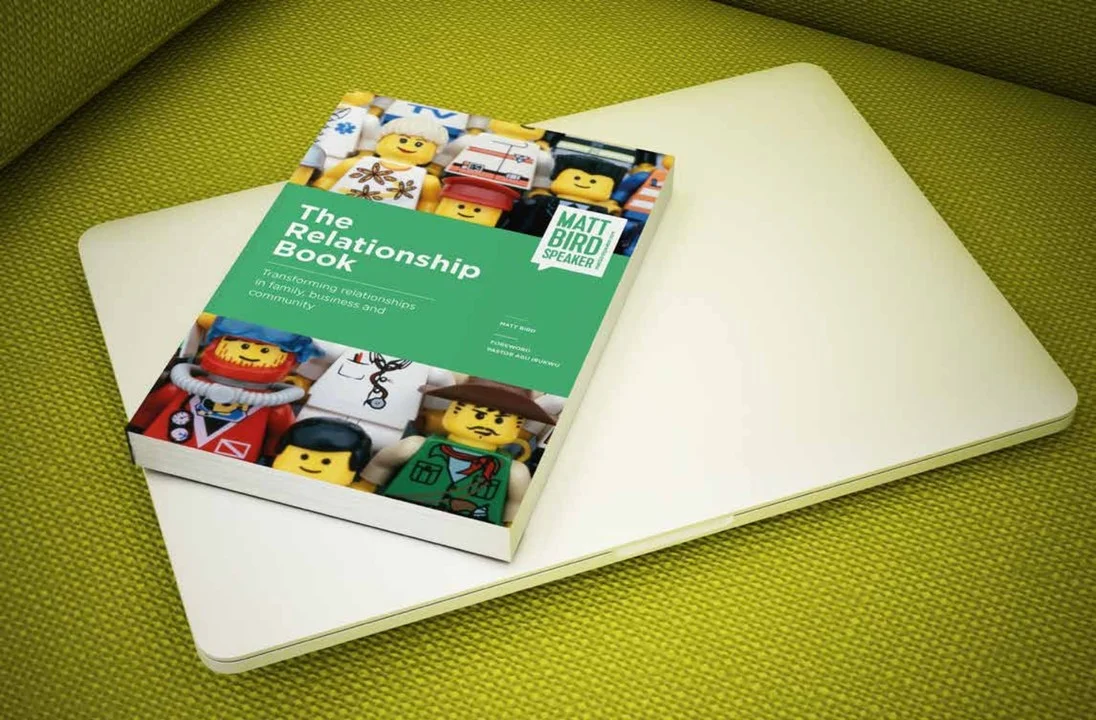Keeping Work From Becoming Supreme
— by Peter Greer
Waking at 2 a.m., I (Peter) heard Laurel rush to the restroom. Groggily, I entered the bathroom to rub her back while she bent over the toilet. “Can I get you anything?” I tenderly asked. Hearing no response, I continued, “Cold towel? Pepto?” “Please leave,” was her sole response. No emotion in her voice. Just one very clear request. Back in bed, I thought about my upcoming trip. In just a few hours, I was supposed to leave for California. But Laurel was sick, and she was pregnant. Listening to the toilet flush, I reached for my phone and started tapping out an email to cancel my trip. But then, if I stay home, what can I really do? I stopped tapping. The evening before, I’d contacted someone to help with the kids. Our friends would respond with chicken soup. And Laurel had a doctor’s appointment the next day, where she’d be given antibiotics or whatever medicine she needed. Mentally running through my checklist of helpful actions, I concluded there was no way I could help. And clearly Laurel didn’t want my help anyway. Besides, I had to go on the trip. It was a short and important meeting with individuals who could help us significantly expand HOPE’s ministry. Finishing my mental gymnastics, I nailed the dismount, arched my back and extended my arms. Lover at home; killer at work. Let’s do this thing. I deleted the email, rolled over and fell back asleep.
When the alarm went off a few hours later, I saw that Laurel was sleeping soundly. Confirmation. Getting up, I performed my well-rehearsed routine like a ninja: silently showering, shaving and making coffee in less than twenty minutes. I skipped the normal kiss goodbye—don’t want to wake her—and slipped out of the house. In the car, I reassured myself. “I’ll be back soon,” I said out loud. Opening the TED Talks app on my phone, I began listening to sociologist Dan Buettner on how to live to be one hundred. Drawing from a study of regions where a high percentage of the population enjoys prolonged lifespans, Buettner shared insights on how to live a full life. Oddly none of the wisdom involved choosing a business trip over caring for a sick spouse. That’s when it hit me. Live to be a hundred? I might not make it to next week.
Back home, Laurel felt abandoned after waking up to find me gone. “If you prioritized and cared for me,” she later said, “there is no way you would have left when I was sick, pregnant and it was snowing.” Her words were succinct and sobering. There was simply no arguing who was right. Choosing to go on the trip indicated a bigger problem: I had a faulty understanding of my calling and too much of my identity bound up in work. When I left for the airport that morning, I was following a pattern deeply engrained through years of practice. When challenges arose in my family, I would try to help, but I never seemed to do so in exactly the right way or at the right time. So I fled to work, where I was better at solving problems, where people recognized my expertise and where I could be successful. Success at work came far easier than success at home. Over time, I convinced myself that leaving was good for both Laurel and for me. I was never a very good multitasker, and traveling allowed me to put the challenges of home out of my mind. Work had a firm, two-fisted hold on my heart. Leaving Laurel when she was sick sent a clear message—I value work over you. I'm an addict in recovery and working to realign my priorities with God’s greatest commandment to love God first. Love people second, and to remember that includes the people who are closest to us! Never again do I want to allow my work to become supreme. It’s active work to resist the urge to flee to the office when there are challenges at home. Let’s not allow work take a place of preeminence in our lives and transform us into people we never thought we’d be.





Waking at 2 a.m., I (Peter) heard Laurel rush to the restroom. Groggily, I entered the bathroom to rub her back while she bent over the toilet. “Can I get you anything?” I tenderly asked.